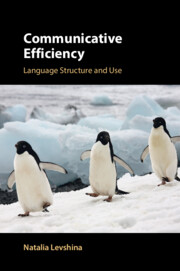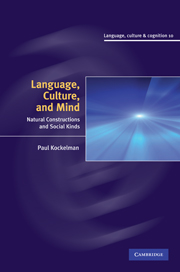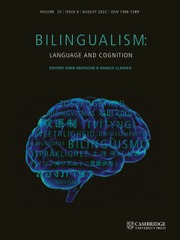Communicative Efficiency
All living beings try to save effort, and humans are no exception. This groundbreaking book shows how we save time and energy during communication by unconsciously making efficient choices in grammar, lexicon and phonology. It presents a new theory of 'communicative efficiency', the idea that language is designed to be as efficient as possible, as a system of communication. The new framework accounts for the diverse manifestations of communicative efficiency across a typologically broad range of languages, using various corpus-based and statistical approaches to explain speakers' bias towards efficiency. The author's unique interdisciplinary expertise allows her to provide rich evidence from a broad range of language sciences. She integrates diverse insights from over a hundred years of research into this comprehensible new theory, which she presents step-by-step in clear and accessible language. It is essential reading for language scientists, cognitive scientists and anyone interested in language use and communication.
- Integrates ideas and findings from different linguistic approaches and frameworks in one coherent and comprehensible theory
- Deals with a universal characteristic of human behaviour that is present in all languages and cultures
- Discusses diverse examples of efficiency in languages of the world, and in doing so, demonstrates that languages have more in common than one can see at first sight
Reviews & endorsements
'… this study presents an impressive argument through solid research and easy-to-understand analysis. With a deft hand, Levshina leads readers through a well-structured, extremely fitting thesis at a time when people commonly engage in multiple tasks and social-media distractions in a challenging environment. A minimalist 'less is more' approach is central to this volume's effectiveness. … Recommended.' K. Liu, Choice
Product details
November 2022Adobe eBook Reader
9781108895811
0 pages
This ISBN is for an eBook version which is distributed on our behalf by a third party.
Table of Contents
- List of Figures
- List of Tables
- Preface
- Acknowledgements
- List of Abbreviations
- Part I. Different Types of Efficiency in Language:
- 1. Communicative efficiency: main concepts
- 2. Efficiency and formal length
- 3. Efficiency and the order of meaningful elements
- 4. Other ways of saving effort
- Part II. Efficiency and Language Evolution:
- 5. Emergence of efficient language patterns
- 6. From trade-offs to causal networks
- Part III. Case Studies:
- 7. Efficient form-meaning mapping in causative constructions
- 8. Differential case marking and efficiency
- 9. Efficient use of function words in English alternations
- 10. Conclusions and perspectives Appendices
- References
- Index.




